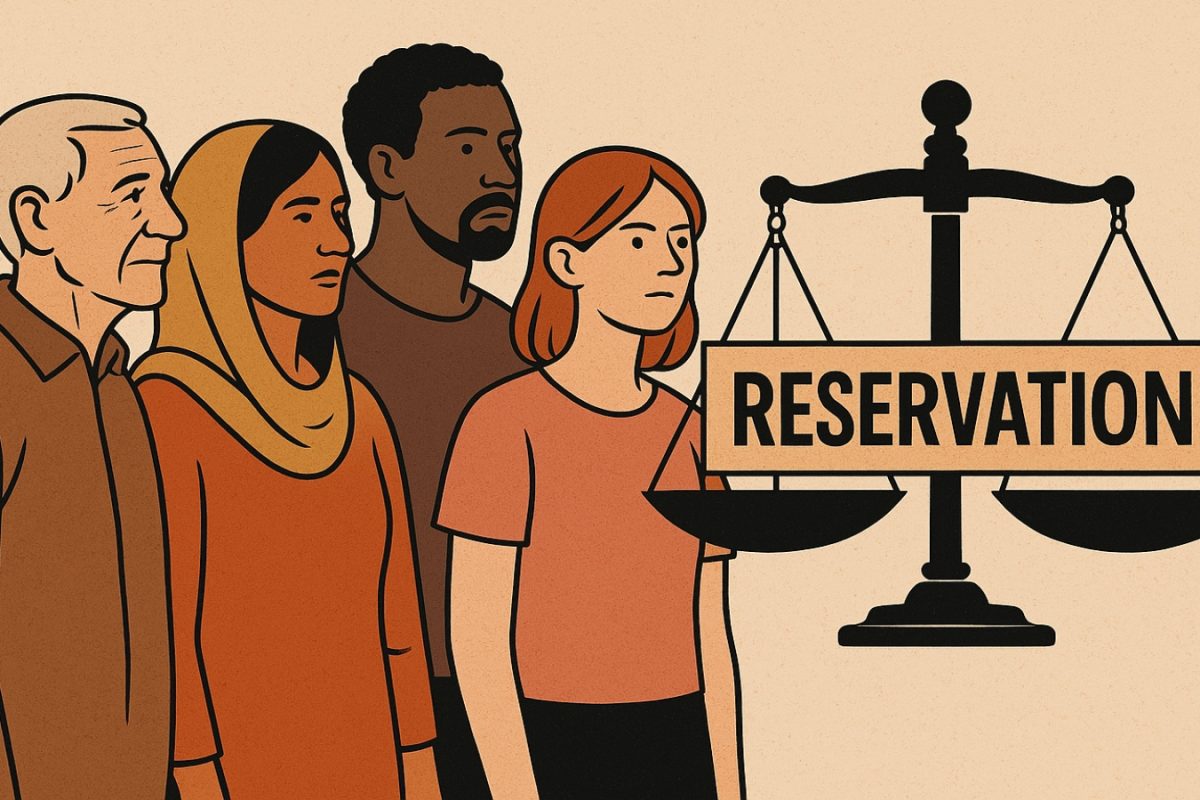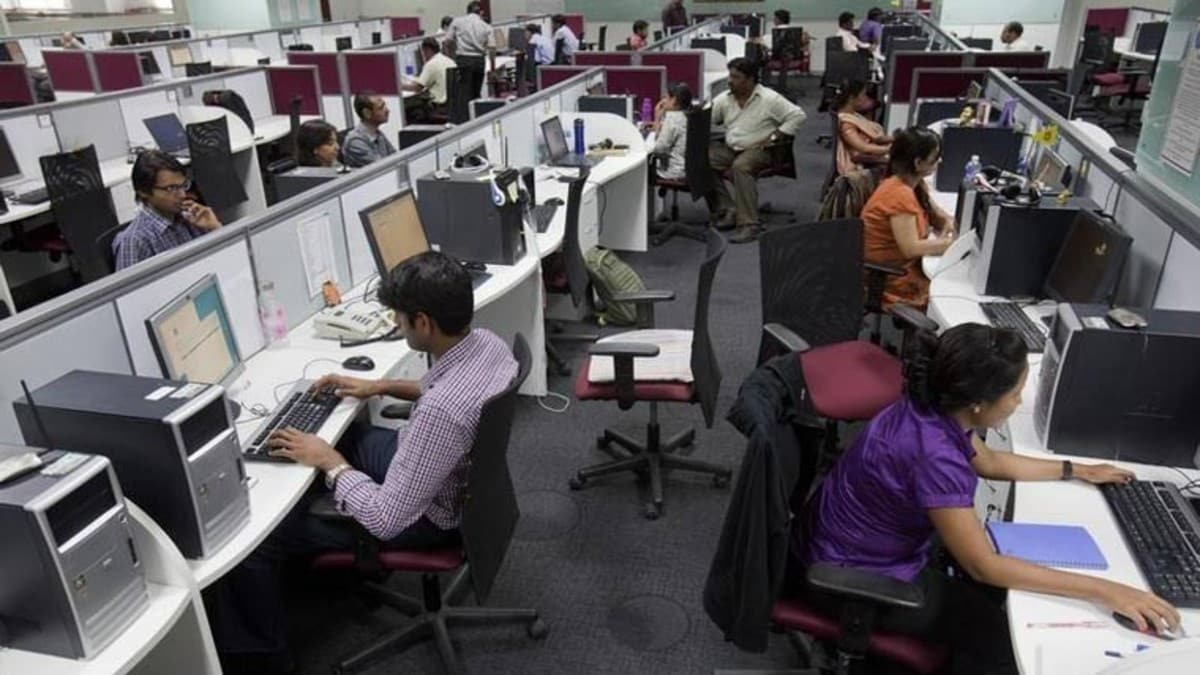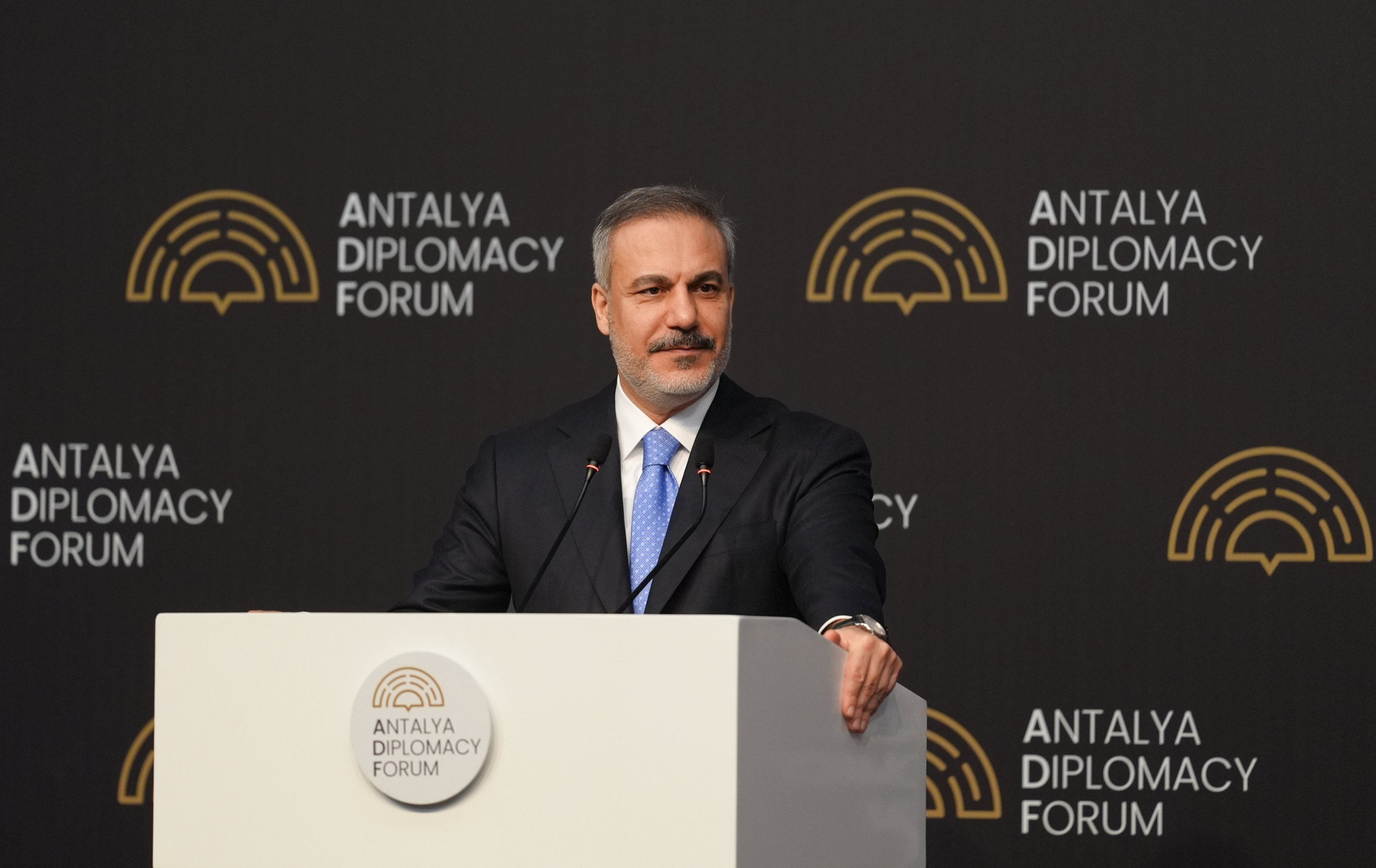While there is no doubt that reservation should continue as a form of affirmative action, it is equally important to explore other viable approaches to achieving social justice in a holistic and evolving manner Social justice discourse in India revolves around issues of identity assertion, caste consciousness, and reservation in education and employment — themes that were critically needed at one point and remain relevant even today. However, there is also a need to bring innovation into the social justice discourse. Reports suggest that reservations for Scheduled Castes (SCs) and Scheduled Tribes (STs), though constitutionally implemented on 26 January 1950, were not effectively enforced.
From the 1950s to the 1980s, governments took no serious measures to ensure the upliftment of socially and educationally backward classes, despite it being a matter linked to fundamental rights. The Kaka Kalelkar Committee submitted its report on socio-economically backward classes in 1956, but its recommendations were never implemented. Actually, the era of Nehruvian Consensus (1950-1990) relied on the three principals of secularism, socialism and non-alignment, where the discourse of social justice had no prominent place.

It was only after the weakening of the Congress party at the national level that the conversation around social justice gained momentum. Representation and participation in educational institutions and government employment emerged as key agendas. In August 1990, reservation for Other Backward Classes (OBCs) was implemented based on the recommendations of the Mandal Commission, which identified caste as the primary indicator of social and educational backwardness.
The 1990s witnessed the emergence of several political parties that sought to champion the cause of social justice and achieved electoral success in doing so. However, many of these parties failed to move beyond this agenda and continue to focus predominantly on issues of caste, identity, and reservation. Over time, numerous caste-based organisations have also emerged, demanding reservation for their respective communities.
Yet, political parties and organisations that consider themselves champions of the social justice discourse have neither introduced a new agenda nor made any innovative strides within the existing one. This inertia is gradually rendering them less relevant. In recent years, the Congress party, under the leadership of Rahul Gandhi, has taken up the cause of social justice, raising issues such as caste census and representation of marginalised communities in top bureaucratic positions.
However, it appears that the party’s underlying objective may be less about the welfare of marginalised groups and more about disrupting the consolidation of Hindu votes that currently benefit the BJP. There has been a paradigm shift in the Congress party’s stance on caste politics. Jawaharlal Nehru had opposed the idea of a caste census in 1951.
Indira Gandhi shelved the Mandal Commission report and, in 1980, coined a slogan to counter caste-based politics: Na jaat par na paat par, mohar lagegi haath par (Vote for Congress, not on caste and community lines). Later, Rajiv Gandhi also chose not to act on the Mandal Commission’s recommendations. Even Rahul Gandhi, just a few years ago, stated that he did not believe in the caste system, and asserted that the only difference between the poor and the rich in India was one of opportunity.
The numerical strength of various marginalised communities — particularly the dominant ones — has shaped a form of politics in which the entire social justice discourse revolves around caste and reservation. However, social justice has a far deeper meaning and must continue to reinvent itself. Social justice encompasses several core components that are essential for building a fair and equitable society.
These include equity, access to resources and opportunities, participation, and inclusion. Participation and inclusion are particularly crucial in promoting social justice, as inclusive decision-making processes and equitable representation ensure that all voices are heard — especially those of marginalised communities — in shaping the policies and institutions that affect their lives. Reservation is one of the tools used to achieve these objectives of equity, access, participation, representation, and inclusion.
However, this single issue has come to dominate and, in many ways, overshadow the broader social justice discourse. While there is no doubt that reservation should continue as a form of affirmative action, it is equally important to explore other viable approaches to achieving social justice in a holistic and evolving manner. John Rawls presented a compelling theory of justice known as ‘justice as fairness’.
His approach centres on the idea that principles of justice should be derived from a hypothetical ‘original position’ of equality. In this thought experiment, individuals are placed behind a ‘veil of ignorance’, where they are unaware of their own social status, talents, and beliefs. From this original position, Rawls argues that two fundamental principles of justice would emerge.
The first principle guarantees equal basic liberties for all individuals — such as freedom of speech, freedom of conscience, and the right to due process. These liberties are considered inviolable and cannot be sacrificed for the sake of overall social welfare. The second, known as the ‘difference principle’, addresses social and economic inequalities.
It states that such inequalities are justified only if they work to the benefit of the least advantaged members of society. This principle underpins policies aimed at reducing inequality and protecting the vulnerable — such as affirmative action programmes designed to address historical disadvantages and ensure equal opportunities for all. The fundamental objective of the social justice discourse should be to reduce inequality by ensuring access to resources and opportunities, particularly because economic inequality is a pressing concern today.
In many ways, it is deeply intertwined with social hierarchies — especially caste. The historical exclusion of marginalised communities from economic participation has led to persistent poverty and vulnerability. The benefits of economic growth have not been equitably distributed, resulting in a widening gap between the rich and the poor.
Some communities, due to their small numerical strength, are considered almost invisible and remain on the margins of the marginalised. These groups have often been excluded from the gains of social justice politics simply because of their limited demographic presence. Another significant concern is the intersectionality of class, caste, and gender, where a large section of the population faces multiple layers of disadvantage.
Consider, for instance, a poor, Dalit, uneducated woman from a rural area — her needs go far beyond reservation in education or employment. The real challenge lies in identifying how to address her specific vulnerabilities and bring her into the development framework. In light of these challenges, innovation in the politics and policies of social justice is crucial.
The current government, under the leadership of Narendra Modi, has introduced several initiatives aimed at expanding the social security net. The Ujjwala Yojana is a notable example of this approach — through the scheme, over 10 crore Below Poverty Line (BPL) women have received LPG gas connections, helping to free them from both household pollution and exploitative fuel dependence. This, in turn, enables them to spend more quality time with their children and improve their overall well-being.
While reservation policies have played an important role in promoting social justice in India, they are not a panacea for all social ills. Alternative approaches are needed to address the root causes of inequality and to foster a more just and equitable society. One key approach is to focus on education, skill development, and economic empowerment.
Providing access to quality education and vocational training can enable individuals from marginalised communities to compete more effectively in the job market. Promoting entrepreneurship and self-employment can also help generate economic opportunities for these communities. Legal reforms are equally important to strengthen anti-discrimination protections.
This includes enacting comprehensive legislation to address caste-based discrimination across all spheres of life, and ensuring the effective enforcement of existing laws. Ultimately, changing social attitudes and promoting a culture of equality and inclusion are essential to shaping a renewed social justice discourse. This involves challenging stereotypes and prejudices, encouraging empathy and understanding, and fostering a sense of shared citizenship.
The author teaches Political Science in Satyawati College of Delhi University, Delhi. Views expressed in the above piece are personal and solely those of the author. They do not necessarily reflect News18’s views.
.
Politics

Opinion | In Search Of A New Social Justice Discourse

While there is no doubt that reservation should continue as a form of affirmative action, it is equally important to explore other viable approaches to achieving social justice in a holistic and evolving manner















